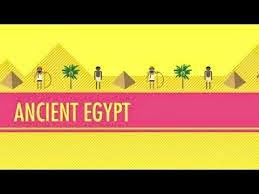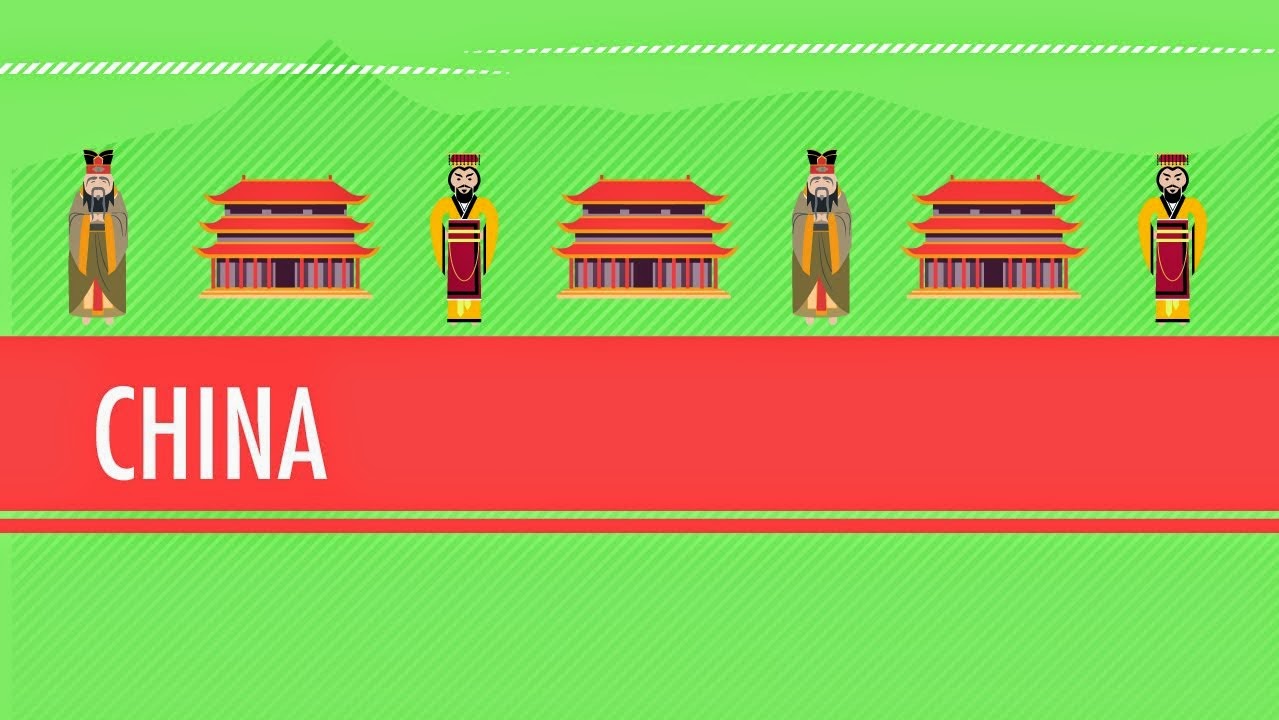Waukegan High School Bulldogs
WHAP class 2015-2016!
Last year we made World History our Bae and sang our way through the Song Dyansty. This year I believe there are great things in store for us as WHS's first fully freshman integrated AP class! Seriously, we will do awesome...stop shaking your head.
YOU BE QUIET ADMIRAL ACKBAR!!
AP World History or WHAP is indeed a difficult course but through the collaboration of all, we will come out better people. I can tell you that I have learned just as much from my AP classes as they have from my guidance in this course.
Some take WHAP to get a 5 out of 5 on the AP Test and earn college credit in high school, others take it to challenge themselves and build up their high school resumé and experience "college level classes" and even fewer delve into this behemoth simply because they like history. Whatever your reason, it is important to remember that by working together, we can be successful.
Speaking of SUCCESS. There are some things of which you should be aware...
1. To the right of this page you will find some basic information about me. I am available for help after school everyday but Tuesday (STUDENT COUNCIL MEETINGS...you should JOIN...really JOIN)
My free periods are 1st, 5th and 6th but it's best if you need help to let me know what time works best for you so we can agree when to meet. My phone number is there but I prefer you email...don't want to anger Mrs. Mers. She says I work too much as it is.
2. Above you will notice that there are tabs linking to other pages or websites. You may use only two or you may use them all but I will explain what each one is in due time.
3. One of the tabs IS IMPORTANT to start the year. The tab titled "Surviving APWH" is a nice guide to help you navigate this course and what you may expect week to week. We do move very fast so it is important that you establish a routine early.
4. Another tab also contains the course syllabus. In the issue of protecting our environment (you'll notice I waste enough paper as it is) I will not print you each a copy of it. The first day of class your homework will be to read and become familiar with it and to return with any questions.
5. Other than that, bring an open mind to class and prepare to learn in a rigorous but engaging academic conversation. My rules are simple... Be respectful. Listen to understand. Include yourself. Stay focused. Set aside judgment. Do that and we will experience BLISS in the classroom.
To get you started on a little bit of what this class is about...click the link below that says "course overview."
Course Overview
Targets:
Examination of the major themes of WHAP:
Theme 1: Interaction Between Humans and the Environment
Theme 2: Development and Interaction of Cultures
Theme 3: State-Building, Expansion, and Conflict (Political)
Theme 4: Creation, Expansion, and Interaction of Economic Systems
Theme 5: Development and Transformation of Social Structures
1. Understand the course sequence of WHAP
2. Examine what a theme is and what AP identifies as the major themes in World History
3. Explain historical skills such as Periodization, themes, interpretation and analysis.
Examination of the major themes of WHAP:
Theme 1: Interaction Between Humans and the Environment
Theme 2: Development and Interaction of Cultures
Theme 3: State-Building, Expansion, and Conflict (Political)
Theme 4: Creation, Expansion, and Interaction of Economic Systems
Theme 5: Development and Transformation of Social Structures
1. Understand the course sequence of WHAP
2. Examine what a theme is and what AP identifies as the major themes in World History
3. Explain historical skills such as Periodization, themes, interpretation and analysis.
Essential Questions:
- How do we place World History in the context of Big History and our own lives?
- How do historians classify different periods of time?
- How does history repeat itself in the context of WHAP themes?
Quote of the Day: "A billion hours ago, human life appeared on earth. A billion minutes ago, Christianity emerged,. A billion seconds ago, the Beatles changed music. A billion Coca-Colas ago was yesterday morning." -Robert Goizueta, chief executive of the Coca-Cola Company, April 1997
Apply the major themes to the six glasses which will be applied to the periods of WHAP.
Essential Questions:
1. Which two of the six glasses that Standage refers to are the most similar? How and why?
2. Which two are the most different? How and why?
3. Can you group the glasses in twos? How and why?
4. How does Standage's periodization compare to that of the WHAP periodization?5. What major events are associated with each glass and how does this help us group them thematically?
Targets:
1. Understand the spread of human societies in the Paleolithic era
2. Describe the conditions of life in gathering and hunting societies
3. Analyze factors that eventually led to change in the gathering and hunting societies
1. Understand the spread of human societies in the Paleolithic era
2. Describe the conditions of life in gathering and hunting societies
3. Analyze factors that eventually led to change in the gathering and hunting societies
Essential Questions:
- What is the significance of the Paleolithic Era in world history?
- In what ways did various Paleolithic societies differ from one another, and how did they change over time?
- How does our place in history influence how we might view Paleolithic societies?
Quote of the Day: "The soil is the great connector of lives, the source and destination of all. It is the healer and restorer and resurrector, by which disease passes into health, age into youth, death into life. Without proper care for it we can have no community, because without proper care for it we can have no life."
Targets:
1. Understand how, when and where agriculture evolved independently in the several regions of the world.
2. Trace the development of agriculture and its local variations.
3. Speculate as to the social implications of the Agricultural Revolution.
1. Understand how, when and where agriculture evolved independently in the several regions of the world.
2. Trace the development of agriculture and its local variations.
3. Speculate as to the social implications of the Agricultural Revolution.
Essential Questions:
- What evidence is there for and against the Agricultural Revolution as a major turning point in world history?
- Assess the validity of the following statement..."The Agricultural Revolution provides evidence for 'progress' in human affairs."
Targets:
1. Understand the relationship between the First Civilizations and the Agricultural Revolution
2. Contrast civilizations with other forms of human communities
3. Analyze how, when and where the First Civilizations arose in human history
4. Explain how the emergence of civilizations transformed how humans lived and how their societies were structured
5. Contrast the various ways in which civilizations differed from one another.
6. Evaluate the emergence of the First Civilizations.
1. Understand the relationship between the First Civilizations and the Agricultural Revolution
2. Contrast civilizations with other forms of human communities
3. Analyze how, when and where the First Civilizations arose in human history
4. Explain how the emergence of civilizations transformed how humans lived and how their societies were structured
5. Contrast the various ways in which civilizations differed from one another.
6. Evaluate the emergence of the First Civilizations.
Essential Questions:
- What distinguished civilizations from other forms of human community?
- Assess the validity of the following statement..."Civilizations were held together largely by force."
- In the development of the First Civilizations, what was gained for humankind, and what was lost?
Here begins Crash Course World History and John Green Greatness! Click the picture for the link to Crash Course World History: Agricultural Revolution
Targets:
1. Understand the spread of human societies in the Paleolithic era
2. Describe the conditions of life in gathering and hunting societies
3. Analyze factors that eventually led to change in the gathering and hunting societies
1. Understand the spread of human societies in the Paleolithic era
2. Describe the conditions of life in gathering and hunting societies
3. Analyze factors that eventually led to change in the gathering and hunting societies
Essential Questions:
- What is the significance of the Paleolithic Era in world history?
- In what ways did various Paleolithic societies differ from one another, and how did they change over time?
- How does our place in history influence how we might view Paleolithic societies?
Tuesday, September 9th, 2014
Quote of the Day: "Why did human development proceed at such different rates on different continents for the last 13,000 years?" -Jared Diamond
Targets:
1. Understand how, when and where agriculture evolved independently in the several regions of the world.
2. Trace the development of agriculture and its local variations.
3. Speculate as to the social implications of the Agricultural Revolution.
1. Understand how, when and where agriculture evolved independently in the several regions of the world.
2. Trace the development of agriculture and its local variations.
3. Speculate as to the social implications of the Agricultural Revolution.
Essential Questions:
- What evidence is there for and against the Agricultural Revolution as a major turning point in world history?
- Assess the validity of the following statement..."The Agricultural Revolution provides evidence for 'progress' in human affairs."
- Go over notes and tie to Jared Diamond "Out of Eden"
- 1. What is Diamond’s “Thesis”?2. What are the 3 major elements that separate the world’s “haves” from the “have nots” according to Diamond?3. What is Diamond’s theory about huge discrepancies among different countries. Explain the theory & give several examples from the film to support your answer.4. For 1000s of years, people have been cultivating crops. Describe the process used to domesticate crops & create plants that yielded bigger, tastier harvests.5. How did the domestication of animals help people?
Targets:
1. Understand the relationship between the First Civilizations and the Agricultural Revolution
2. Contrast civilizations with other forms of human communities
3. Analyze how, when and where the First Civilizations arose in human history
4. Explain how the emergence of civilizations transformed how humans lived and how their societies were structured
5. Contrast the various ways in which civilizations differed from one another.
6. Evaluate the emergence of the First Civilizations.
1. Understand the relationship between the First Civilizations and the Agricultural Revolution
2. Contrast civilizations with other forms of human communities
3. Analyze how, when and where the First Civilizations arose in human history
4. Explain how the emergence of civilizations transformed how humans lived and how their societies were structured
5. Contrast the various ways in which civilizations differed from one another.
6. Evaluate the emergence of the First Civilizations.
Essential Questions:
- What distinguished civilizations from other forms of human community?
- Assess the validity of the following statement..."Civilizations were held together largely by force."
- In the development of the First Civilizations, what was gained for humankind, and what was lost?









